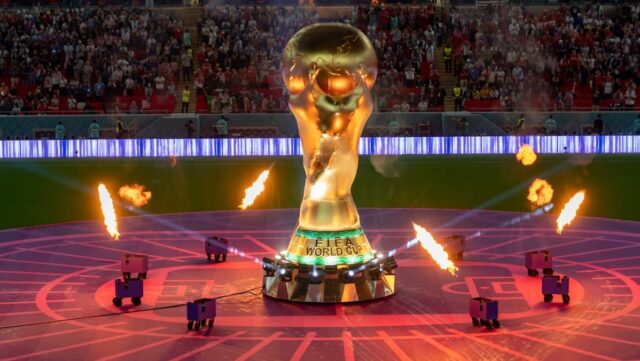Switzerland’s gambling regulator has launched a probe into the sales of FIFA-backed blockchain tokens ahead of the 2026 World Cup.
The regulator, Gespa, typically oversees lotteries and sports betting. The probe aims to uncover whether FIFA is selling the chance to win tickets to World Cup matches, or offering something like gambling services. If it’s the latter, the regulator needs to establish if FIFA complied with local rules.
Gespa director Manual Richard shared an email statement with Bloomberg, writing: “Based on an initial internal assessment, it cannot be ruled out that the offering on collect.fifa.com may be relevant under gambling legislation. Gespa will now proceed with further fact-finding to determine whether regulatory action is required.”
As it stands, FIFA has not been accused of any wrongdoing at this early stage.
How do the tokens work?
The sale of the Right-To-Buy tokens gives buyers the right to purchase guaranteed entry to a World Cup game. Token holders can buy a ticket for a specific match (even if the teams and seats are not yet known) or trade them on secondary markets.
Some tokens are tied to a specific national squad or match, but come with more risks attached. As one example, the Right to Final token guarantees a chance to buy a final ticket but only if the team whose token they’ve bought makes it that far.
That means that some tokens may not lead to a match, depending on the stipulations that are attached. According to the Athletic, tens of thousands of Right to Buy tokens have been sold by FIFA, earning the organization an estimated $15 million.
While Gespa doesn’t have direct jurisdiction over FIFA, it can order Swiss-based companies to block any wrongdoing, such as asking Switzerland-based internet providers to block access to FIFA, if violations of local gaming laws are found.







